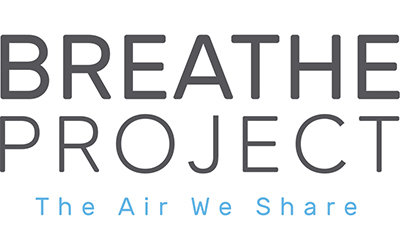Natural State of Mind: Key Methodologies, Findings and Research Gaps in Ecopsychology
Katilyn Mascatelli, Ph.D. | Ecopsychology Research Scientist, Phipps Conservatory and Botanical Gardens
Watch This Presentation:
“How do we define nature? How do we define health on the ground, among people who are trying to measure and assess the impact of those things?” In her presentation entitled “Natural State of Mind: Key Methodologies, Findings and Research Gaps in Ecopsychology,” Dr. Katilyn Mascatelli, an ecopsychology research scientist at Phipps Conservatory and Botanical Gardens, described the methodologies that often utilized in nature benefit studies and offered operational definitions of nature and the psychological benefits that come from spending time in it.
Some psychological benefits of spending time in nature, Dr. Mascatelli suggests, include greater happiness and wellbeing, reduced stress and enhanced stress recovery, increased prosocial behavior, and improved cognitive development among children. Of these cognitive benefits, Dr. Mascatelli explains that some researchers operationally define children's attentional abilities through a standard test called the attentional network task. “Children are shown an image on a screen of several fish and they’re asked to attend to, or to pay attention to, the fish in the center, and they are going to report which direction (left or right) the fish is facing.” But she cautions against seeing the results of these cognition measures as absolute. “It’s always important to remember that these tests were developed by psychologists in typically white, Western cultures.” Because of this, their ways of measuring cognition may not be conclusive. “There are many ways that cognition can manifest itself.”
So how do we operationalize or define nature? Here, Dr. Mascatelli cites several experimental and observational designs, arguing that definitions of nature vary, especially along spatial scale and frequency. Importantly, she says that capturing differences in depths of experience may be one of the downfalls of nature definitions. “A lot of the times with categorical measure they’ll ask, ‘Have you been to a national forest in the past year?’ And if you check “yes,” all those people who checked “yes” are essentially treated the same. But some people go to their national forest and they drive around, and they look out the window at the forest, and some people go to their national forest and they go camping or they go out and they take off their shoes and they walk around.”
In creating appropriate experiments, Dr. Mascatelli specifically cites good control conditions as one of the most important factors in effective designs. She also urges us to seek out how these effects happen, to uncover the mechanisms of them and to find the operational definitions of psychological outcomes and nature. “All of this is just to say that if we want to make scientifically grounded recommendations, or talk to people about the experiences of nature and kind of cite all these studies, it’s really important for us to understand both the benefits and the drawbacks, or the limitations, to those studies.”
Additional Resources:

About the Speaker
Katilyn Mascatelli is the ecopsychology research scientist at Phipps, where she studies people's attitudes about carbon-saving actions. She received her Ph.D. in social psychology from Carnegie Mellon University, where she studied how gender and race stereotypes impact employment outcomes in addition to the social factors influencing adjustment to type 2 diabetes. Her current research uses qualitative and quantitative approaches to investigate people's emotional reactions and general responses to information about high-effort, high-impact individual actions to reduce one's carbon footprint.




